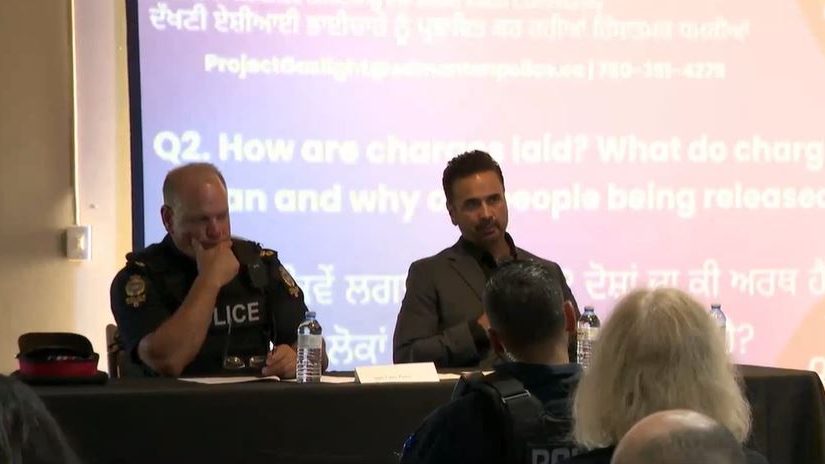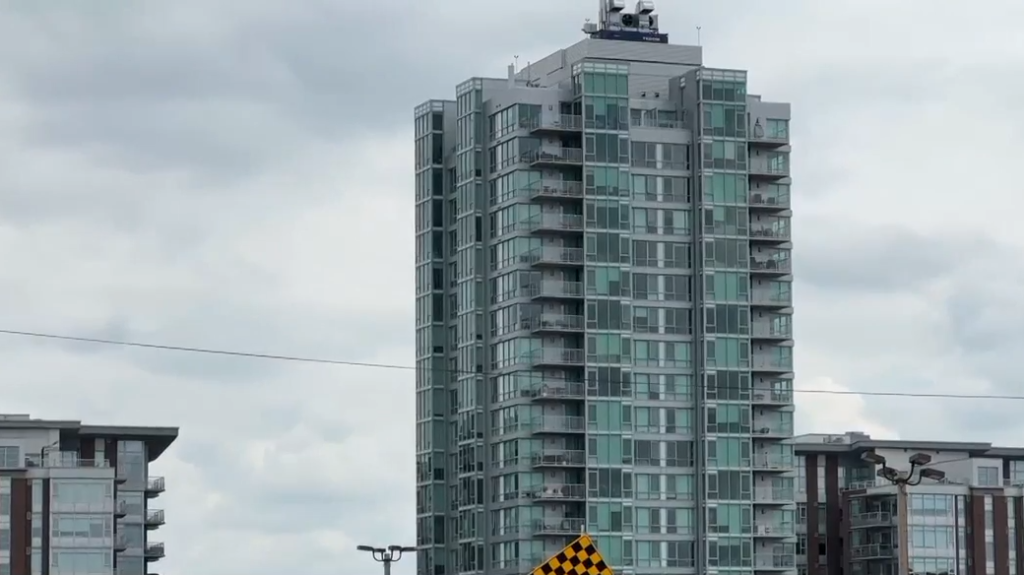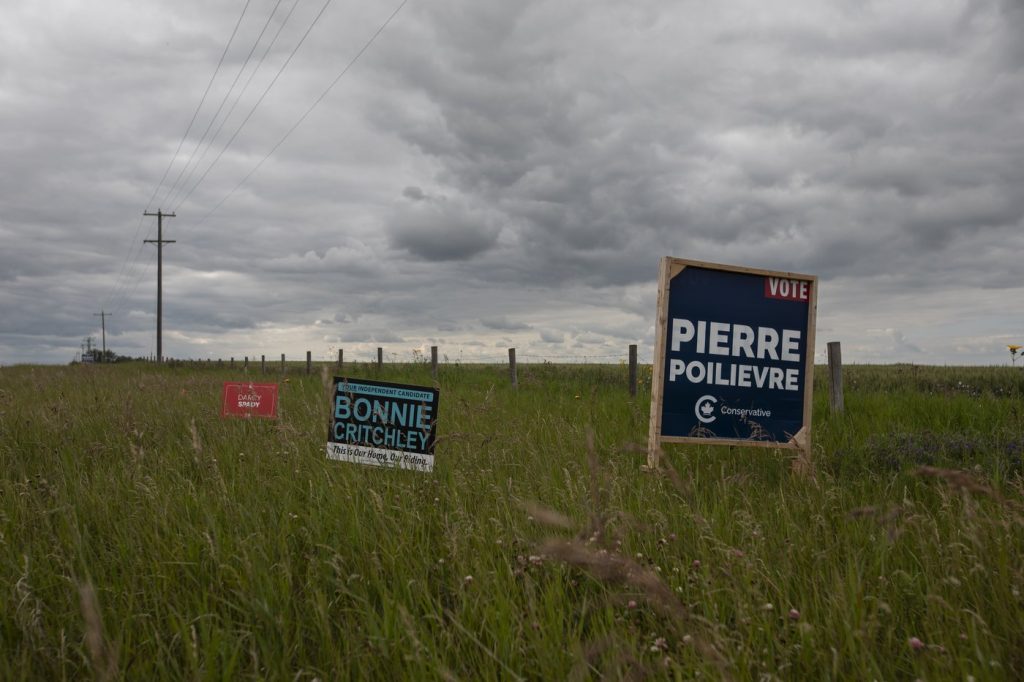Canada’s government should review breathalyzer laws to protect minorities, defence lawyer says

Posted May 13, 2024 11:12 am.
Last Updated May 15, 2024 3:30 am.
A prominent criminal defence lawyer is calling on the federal government to take another look at its laws on breathalyzers to add safeguards for minorities.
Ontario Provincial Police (OPP) announced earlier this month that officers are now requesting breath samples from all drivers pulled over in the Greater Toronto Area (GTA), even if they show no signs of impairment. The RCMP has also implemented this approach in Saskatchewan.
“As impaired driving occurrences continue to increase in Ontario Provincial Police jurisdictions, the OPP is taking its strongest measures yet to detect, investigate and remove impaired drivers from our roads,” the release stated.
OPP noted that the move comes as impaired driving collisions and charges are up close to 30 per cent over the previous five-year average.
Mandatory breathalyzer test a viable tool, feds say
A breathalyzer test device works by analyzing the alcohol content in a person’s breath, which correlates to the amount of alcohol in their bloodstream. In all Canadian provinces except for British Columbia, the maximum legal blood alcohol concentration for fully licensed drivers is 80 milligrams of alcohol in 100 millilitres of blood or 0.08. In B.C., it’s 0.05.
In 2018, the federal government changed the law to allow police to use breathalyzer tests at traffic stops even if they don’t suspect a driver is visibly impaired, which paved the way for these new mandatory testing rules.
Defence lawyer Michael Spratt says the feds should revisit this idea because there aren’t safeguards to help protect minorities.
“Police disproportionately pull over racialized and visible minority drivers,” Spratt said, adding that police can use traffic stops as an unfair avenue to search cars and question people, and it’s easy for white drivers to support the change when they’re not getting pulled over several times in a short period.
“Just because something is constitutional doesn’t mean it’s a good policy,” Spratt continued. “The first, second, third or fourth time this happens, it’s not a minor inconvenience. It’s intrusive. It’s another gateway for the police to search cars and ask for papers.”
However, police forces have argued that the mandatory test eliminates bias in choosing who gets a breathalyzer. In a statement, Canada’s Justice Minister’s office defended the current structure as an effective tool to combat impaired driving and added that they expect the law to be enforced fairly.
Mothers Against Drunk Driving (MADD) Canada, meanwhile, says mandatory breathalyzers will save hundreds of lives and prevent thousands of injuries.
With files from Michael Talbot of CityNews








